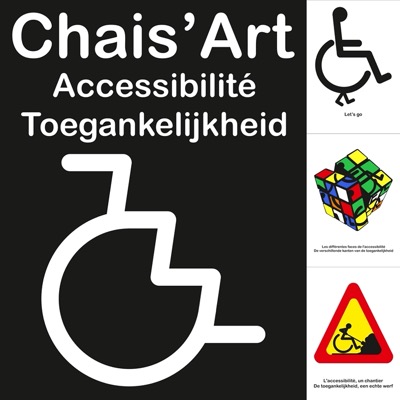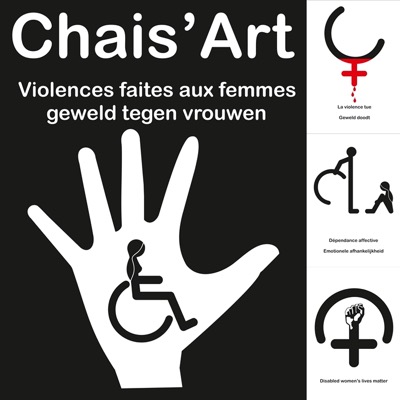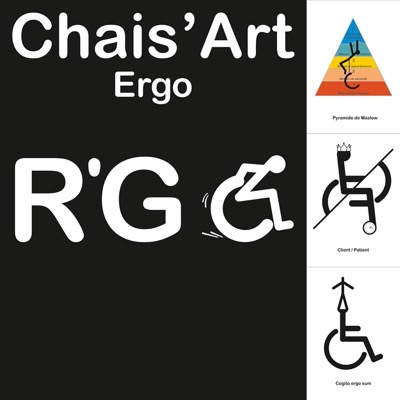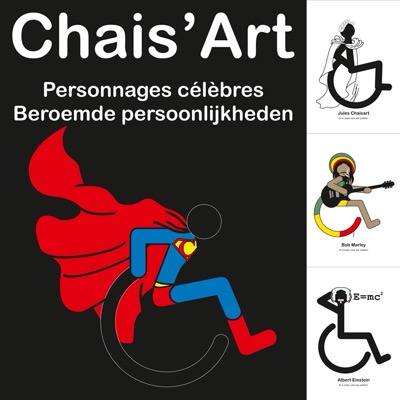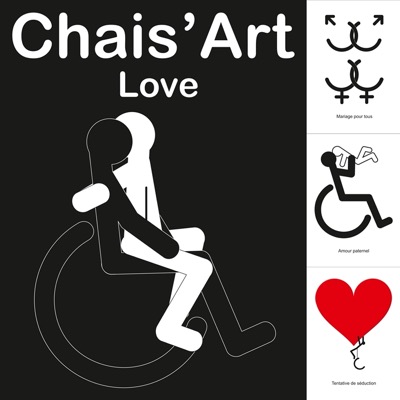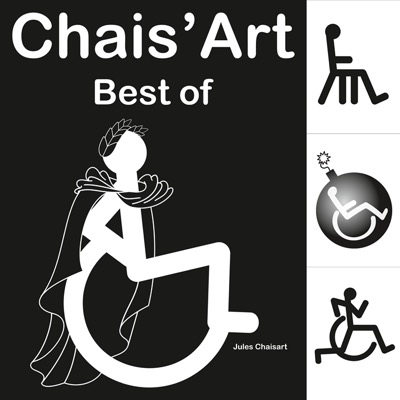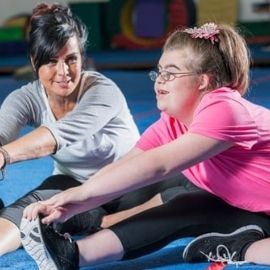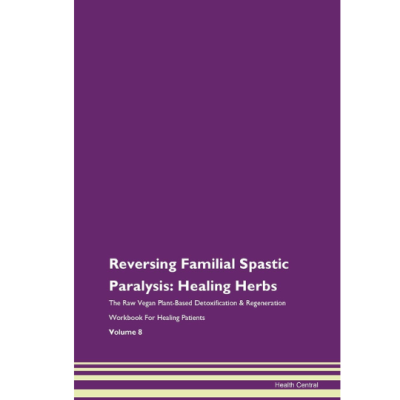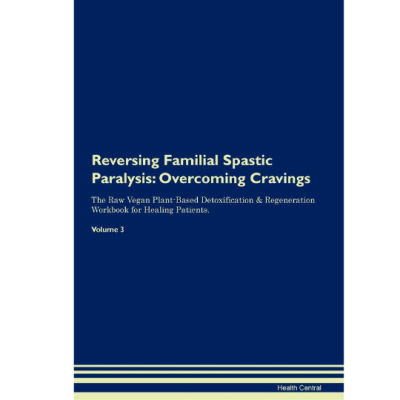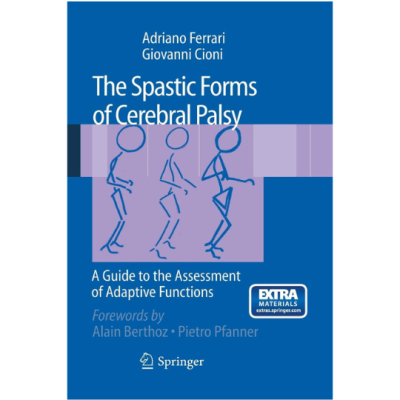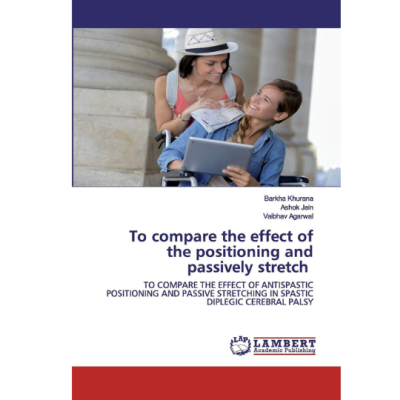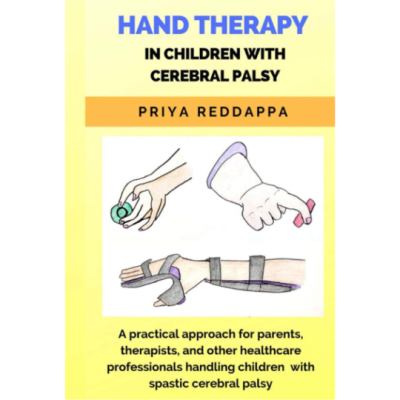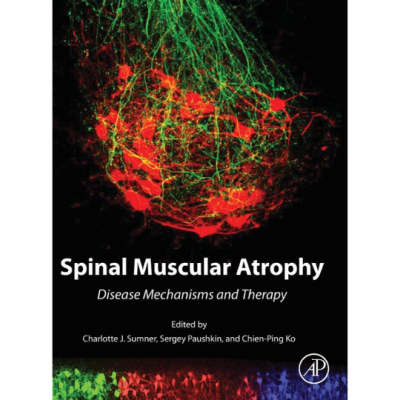Motor impairment
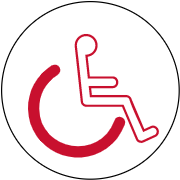
Motor impairment covers all disorders that may result in partial or total impairment of motor skills, particularly of the upper and/or lower limbs (difficulty in moving, maintaining or changing position, picking up or handling objects, performing certain gestures).
It is estimated that more than one billion people live with some form of disability, representing about 15% of the world's population (based on 2010 population estimates). The World Health Survey estimates that 110 million people (2.2%) have very severe functional difficulties, while estimates of the global burden of diseasé speak of 190 million people (3.8%) with "severe impairment"
What are the barriers that contribute to disability? Inadequate policies and standards, negative attitudes, Inadequate services: problems in service delivery, inadequate funding, lack of accessibilitý lack of consultation and participation.
News
Bibliographies
Reversing Familial Spastic Paralysis
octobre 2019
Reversing Familial Spastic Paralysis
janvier 2019
The Relationship Between Oral Stereognosis and Speech Defectiveness in Athetoid
janvier 1971
New therapies for the treatment of spastic cerebral palsy
avril 2019
The Spastic Forms of Cerebral Palsy
décembre 2009
To compare the effect of the positioning and passively stretch
avril 2020
I Spy Inspired Nuggets of inspiration for mothers of young children with Spastic Cerebral Palsy
mai 2023
Hand therapy in children with Cerebral Palsy
octobre 2019
Spinal Muscular Atrophy
octobre 2016
Links
acceptance and fostering - at all levels in society - of the rights of all human beings,
including people with activity limitations ..... in an ensured context of high human health,
safety, comfort and environmental protection. Accessibility is an essential attribute of a
"person-centred", sustainable built environment.
Products


